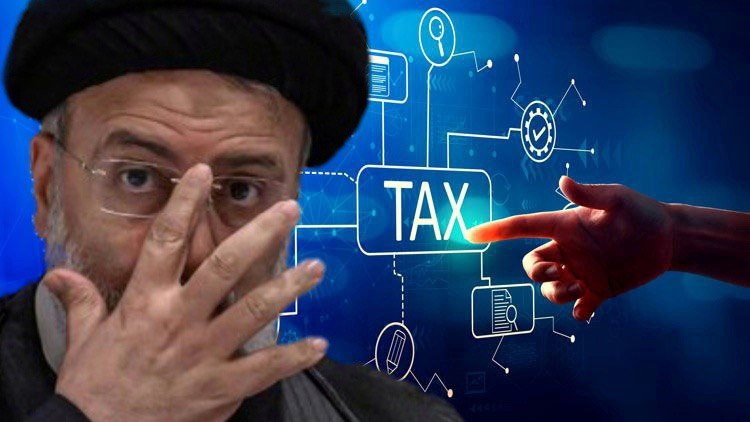Critique of the Government’s Economic Package
In the critique of the government’s economic package, according to Iran Gate, last week, Ebrahim Raisi’s government presented a new economic package to the parliament, which has been met with reactions from experts and economists. This package, prepared under the title of production growth and inflation control, includes 10 separate axes, which, according to the Minister of Economy, are either aimed at strengthening production or will lead to controlling inflation. However, many economic experts believe that this package has no connection to controlling the inflation rate, which is over 50%.
Since late March 2023, the Ebrahim Raisi government has adopted a new stance on economic policies in dealing with the severe inflation in the country. It seems that the government was informed of the Supreme Leader’s decision to name the year 2023 and has tried to implement actions to serve this purpose. Among these actions is the package known as economic growth and inflation control. This report addresses one of the most important sections of this package, which is the imposition of higher taxes, and critiques the government’s claims in this package.
Controlling Inflation with Higher Taxes
According to this package and statements recently announced from government platforms, the government intends to collect significantly more taxes from the people. The excuse given by the Raisi government for this policy is to control inflation using tax tools. The capital gains tax plan, which was recently passed in parliament, has been explained in this context, and the government claims that by implementing these resolutions, inflation in the housing and automobile markets will be controlled.
In fact, the government claims that if it can collect more taxes from the people, it will also be able to control inflation. But is such a claim true? Has any country in the modern world ever relied on tax tools and increased taxation of the people to control inflation? These questions will be addressed below.
Reasonable Taxation but Unrelated to Inflation Control
Tax tools are used in all economic structures of developed countries as the best way to cover government expenses. On the other hand, these tools are used in welfare state structures as a lever to further reduce the class gap. However, in no economic system has the anti-inflationary effect of taxation in markets been mentioned, nor is there any successful or even unsuccessful experience of applying such a policy in markets available.
Now, the Raisi government claims it intends to control prices in the housing markets and even consumer goods, and supposedly combat high prices using tax tools. As mentioned, such a mechanism is not only undefined, but even socialist systems, which are the epitome of economic intervention, have not had such an experience.
Covering Budget Deficits at the Cost of Polarizing Society
Given the explanations provided, it can be said that the Ebrahim Raisi government’s funds are running out, and it intends to cover its ongoing expenses by imposing maximum taxes on various sectors. However, fearing the reaction of different social sectors, it has tried to manipulate the situation and pit the low-income groups against the middle class and the wealthy. So that if there is any protest against taxation from the market, the government can suppress the protests by justifying that it intends to control inflation through this means.
In fact, in the economic domain, the Raisi government has adopted the same approach it has taken in the realm of hijab. As mentioned, this policy will lead to the polarization of society. In reality, the government intends to use the confrontation between low-income groups and the middle class in the matter of maximum taxation to cover its ongoing expenses.
Taxation: A Double-Edged Sword for Monopolists
However, what Ebrahim Raisi and his government fail to consider is that taxes are known worldwide as a tool that supposedly fosters democracy, because society will demand maximum accountability in return for the expenses paid from its pocket. After implementation, this policy not only draws in the affluent classes but also, after a short time, low-income and vulnerable groups join the ranks of those demanding government accountability, because after a while, the manner of spending the collected taxes by the government raises questions and doubts among the lower classes.
This is why it is said that taxation is like a double-edged sword for dictatorships and monopolistic rulers. On one hand, taxes can be useful in covering the government’s expenses, but on the other hand, they will make society more demanding and dynamic.
However, with the performance shown by Ebrahim Raisi’s government in the past two years, naturally, it will have problems with such a transformation in society and cannot withstand the questioning from different sectors, and will inevitably resort to suppressing demands. This is why economists believe that the policy of maximum taxation might benefit the government in the short term, but with tactics like calling it anti-inflationary, it cannot escape the social and political consequences of this policy.
English
View this article in English

